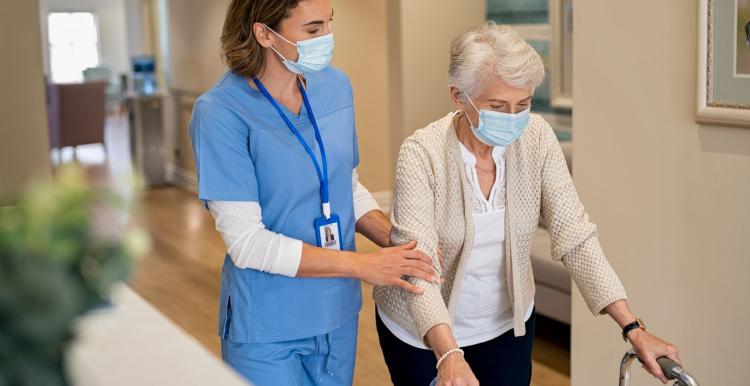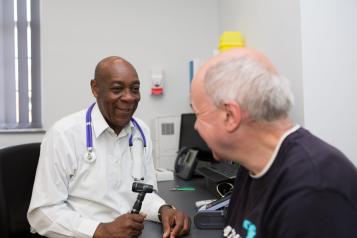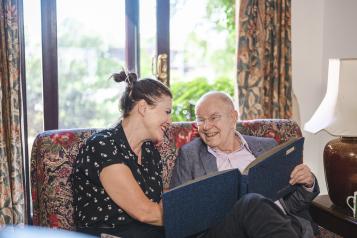Improving the hospital discharge process for patients

A person may be medically fit to leave hospital but need further support before they’re ready to return home, such as in a care or nursing home. This is known as the discharge to assess Pathway 3 model.
More than 75% of the 141 people we heard from said that they felt delays in admission or discharge had a negative psychological effect. There were testimonies of fantastic care, but also testimonies about delays, poor information, and distress.
People told us about care at the Bristol Royal Infirmary (BRI), Weston General Hospital, Southmead Hospital, and shared their experiences of care homes and adult social care services.
After collating people's experiences, we presented our findings to the hospital trusts, the Integrated Care System, and Bristol City Council. All have pledged to make improvements to the hospital discharge process.
The admission process did not include conversations around care or the pathway by which mum would return home. In fact, no discharge conversation was had, except when I asked. I had concerns that mum might be returned home without adequate support.
Responses by key NHS figures and local care providers
North Bristol Trust (NBT, provider for Southmead Hospital) said they have begun working with their patient and carer groups to on how to provide clear information about which pathway a person is on, and ensure patients and families have a central point of contact. We have been invited to review the Pathway 3 experience in 2023.
University Hospitals Bristol and Weston (provider for the BRI and Weston General) said they will work with NBT on consistent and improved communication with patients around different pathways. Their new workstream ‘ Every Minute Matters’ is central to their plans to improve the flow of patients through their hospitals.
Shane Devlin, CEO of the BNSSG Integrated Care System (ICS) said the ICS will invest £17m into the D2A model across the area, to bring council partners and community health together to better coordinate people's discharge. Our recommendations will inform this process.
Bristol City Council (provider of adult social care services) said our recommendations will help influence their new 'Home First’ programme, which reviews hospital discharge based on the principle that people recover best at home.
At the end of 2023, health and care partners announced they were investing an extra £40m into services across Bristol, North Somerset and South Gloucestershire, to boost capacity and speed up hospital discharge during the challenging winter months.
Hospital discharge is a high priority, with almost £20m allocated to schemes that help more people return home promptly but safely after a hospital stay, freeing up much-needed hospital beds. They include increased capacity in local ‘virtual ward’ and home rehabilitation services, as well as expanded ‘care transfer’ hubs in local hospitals bringing together NHS, social care and voluntary sector staff to support faster discharge.


